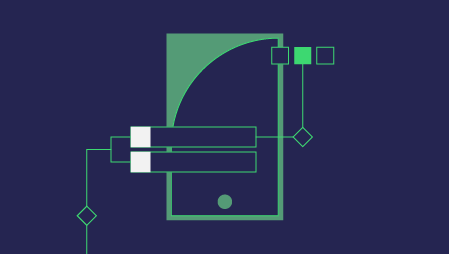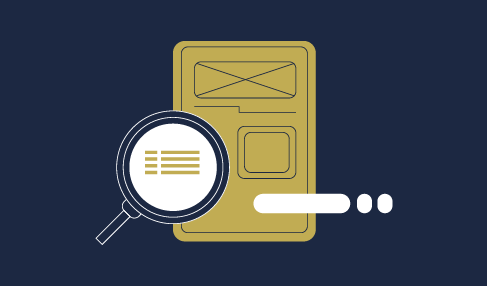Programming jobs sell like hotcakes. And this hype is not going anywhere, at least for the next ten years.
Take the job of a software developer, for instance. According to the U.S. Bureau of Labor Statistics, the job outlook for its profession is expected to increase by 21% every year until 2028, which is much faster than other jobs.
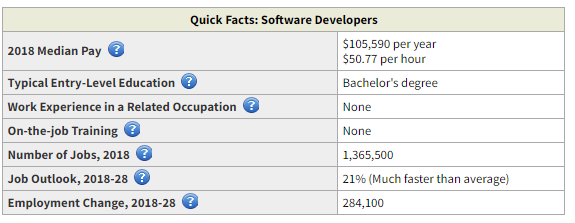
If you think that this statistic is too far-fetched, just look at how many programming jobs are on the market now. Companies are in constant search for new programming talent, and sometimes don’t even require a college education. Google is one of the companies where you can get a job without a college degree.
While having a college education in data science is definitely a perk, your skills are what really matters for the employer. And, just as with any other job, programmers need to have both hard and soft skills to perform well.
So, both for those who’ve just started their professional path as a programmer and those who are looking for better career opportunities but feel weak skill-wise here’s a list of the most crucial skills you need to master as a programmer.
Hard Skills
Hard skills are your measurable abilities, essential to performing the core tasks at your workplace. For a programmer, the top three hard skills include the knowledge of a programming language, as well as data structures and testing.
1. Fluency in a Programming Language
Imagine if you were looking for a job as a translator. Then, it’s obvious that the knowledge of a foreign language would be your primary skill to land this job.
The same is with programming.
Those who work in software development and other related jobs will confirm that learning a programming language is not that different from learning a foreign language. However, different projects require different programming languages.
For instance, to create a website, you’d need the knowledge of PHP. To create an app, you need to be fluent in Java. And Python is essential when it comes to working with machine learning.
So, the choice of a programming language largely depends on what projects and spheres you’re interested in. Narrow that down and concentrate on improving your knowledge of a certain programming language.
Some of the companies, like Google, will test your knowledge of code before offering you a job. You can test your abilities by doing some online programming tasks. Doing tests will also give you a confidence boost before the interview.
For those who have just started looking into the possibilities of learning code to get a job as a programmer, you can make your choice by exploring the rank of the most popular programming language:
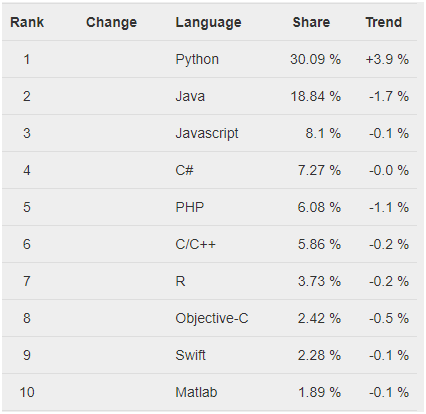
There are plenty of online resources to learn and improve your programming skills. On Google Education, for instance, you can learn almost every programming language, including Java, C++, and Python, which is currently the most popular programming language on the market.
2. The Knowledge of Data Structure
This skill is closely connected to the knowledge of programming languages.
Data structure and algorithms are the foundation of every code. This is a certain format that organizes, processes, and stores data. Data algorithms are also used to retrieve information needed later for code testing.
So, you can see why the knowledge of data structure and algorithms is the first thing that companies test during the interview when they select job applicants for the position of a programmer. This knowledge is needed to write the code and also operate the database by creating, deleting, inserting, and editing records.
3. Testing Skills
As a programmer, one of your main daily tasks besides writing code would be testing it. You will be responsible for creating unity tests that show the results of your work and help you detect any errors.
You can compare this skill to editing a text. Editing is one of the essential skills companies look for when they scan the applicants from the top writers list. The same goes for programmers, who also work with a language that often needs testing and editing if any misunderstandings occur.
So, if a company is giving you a task to test your hard skills, you can expect a task that will ask you to run the test to detect errors in code and fix them.
Soft Skills
Soft skills include communication skills, social skills, etc. It would be incorrect to assume that programmers don’t need soft skills since they do a lot of technical work.
However, to perform at your highest capacity and deliver high-quality results, programmers do need to possess certain soft skills, the top three of which are problem-solving, open-mindedness, and teamwork.
1. Problem-Solving
If you take a closer look at the essence of the programmer’s work, you’ll see that it is mostly about solving problems.
And to solve these problems, hard skills are often not enough.
Your employer will expect you to take into consideration not only technical constituents of your work but also such factors as:
- business requirements
- target audience requirements
- target market analysis
Problem-solving skills come from experience and one trait that you also need to master to become a programmer, which is open-mindedness.
2. Open-Mindedness
If you want to land a position as a programmer, you need to exercise this trait on a daily basis.
Many employers believe that innovation is not possible without open-mindedness. Employees at Google, for instance, say that to successfully reach a goal, they had to let go of any constraints and learn how to see one problem from different perspectives:
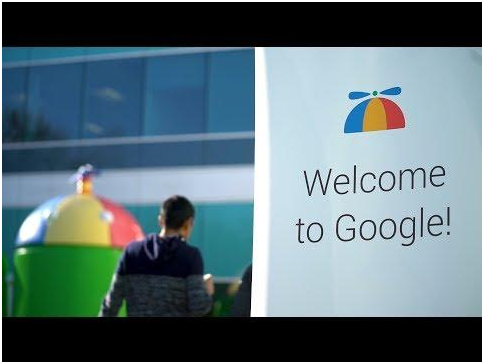
Open-mindedness is also a trait you need to exercise to become a great team member.
3. Teamwork
Programmers rarely work by themselves. Usually, one project unites several programmers who need to work as a team to achieve a common goal.
Failing at being a good team member, as a result, can have a very negative impact on the quality of work.
Consider this situation, for instance.
You have a team of three programmers who are working on one app. Two of them regularly check with each other to track the progress, while the third one works on fixing a single bug for several days without reporting their progress or asking for help.
What would be the repercussions of such bad teamwork for a business?
As programmers are spending twice as much time to finish their work, a business also loses time, money, and clients, which can seriously harm the reputation of the company.
Thus, being a good team member is one of the key soft skills companies are looking for in job applicants for the position of a programmer.
Can you learn how to be a team member?
Just like problem-solving and open-mindedness, being a good team member comes with experience.
Employers understand that there’s a learning curve to everything, so even if you’re just starting with your programming career, but lack teamwork skills, you can still get hired if you remain open-minded.
Over to You
Some people get the wrong impression that being a programmer means sitting in a dark room behind a computer, not getting involved in any kind of social interaction.
In reality, however, a job of a programmer requires you to possess both hard and soft skills, mainly being fluent in a programming language, have strong knowledge of data structure and algorithms, know how to test the code, and be efficient in solving problems.
To succeed at your work, however, you also need to be open-minded to the fact that achieving a result takes collaboration and dedication to teamwork.
So, no matter, whether you’re looking for new career opportunities in programming, or just beginning your career path, you need to have all these six skills on your tracklist to stand above the competition.


